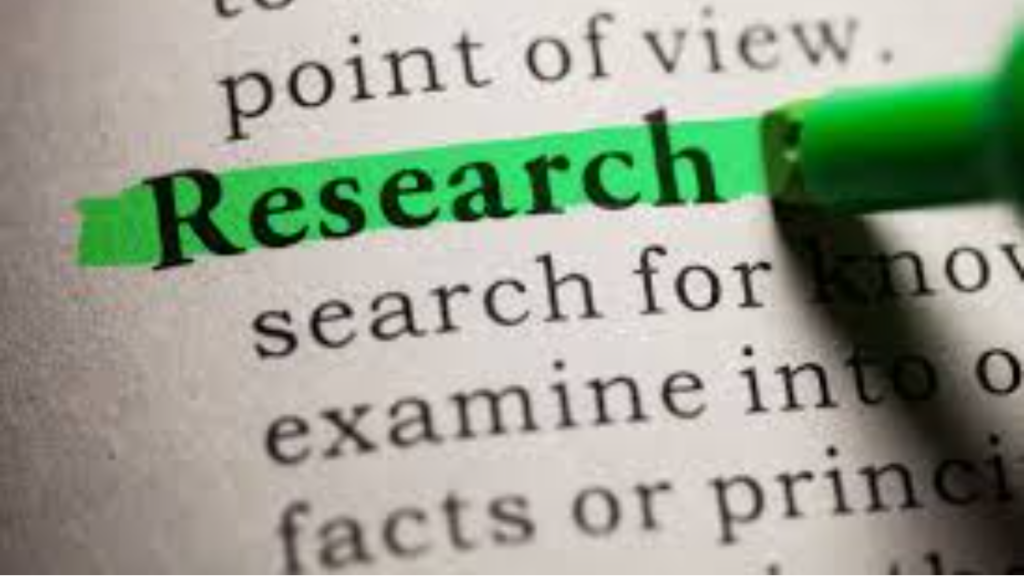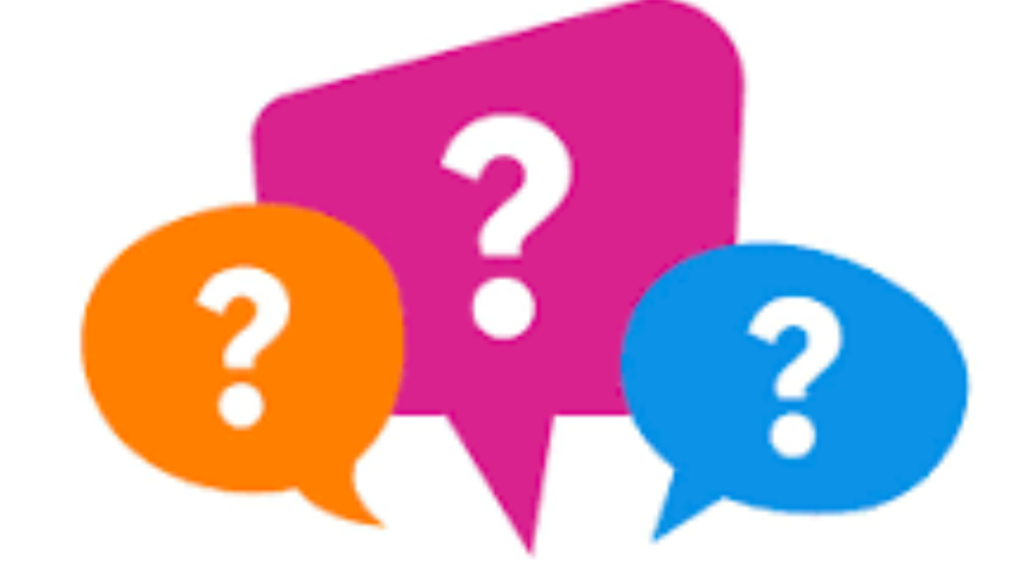
Job interviews are the Berlin wall between you and the job of your dreams. It is okay if you are scared of job interviews; you are not alone. 73% of job seekers said that job interviews are one of the most stressful experiences in life.
Job interviews are your chance to make a first and lasting impression. It is okay to be nervous and anxious, but with the right preparation and mindset, you will soon turn them into opportunities to showcase your skills and land your dream job. Acing job interviews requires thorough preparation, effective communication, and a confident presentation.
This guide, filled with essential tips and tricks, will help you navigate the interview process with ease and stand out from the competition.
1. RESEARCH THE COMPANY

The first step in mastering job interviews is understanding the company and the role you are applying for. Make adequate research about the company’s history, mission, values, and recent achievements. Get familiar with their products, services, and industry trends. This knowledge about the company will help you give tailored responses that align with the company’s orientation. It will also show your genuine interest in the role. Also, pay attention to the key skills highlighted in the job description and ensure that your response reflects relevant experience that will show that you are the ideal candidate for the position.
2. BE PREPARED
Confidence, they say, comes from practice. To ace your job interview, ensure you are adequately prepared. Start by practicing common interview questions such as “Tell me about yourself,” “What are your strengths and weaknesses?” and “Why do you want to work here?” Structure your answers to touch the situation, the task, the action, and most importantly, the results. When answering questions, mention specific achievements that reflect how your skills and experience are perfect for the role. Rehearse your answers out loud or with a friend to help you build confidence over time.
3. UNDERSTAND YOUR RESUME
Another crucial aspect of interview preparation is understanding your resume thoroughly. Be familiar with every detail on your resume and be ready to discuss your past experiences, skills, and accomplishments in detail. Highlight specific projects, challenges you overcame, and the results you achieved. This not only reinforces your qualifications but also shows that you are confident in your abilities and contributions.
4. DRESS APPROPRIATELY

“Dress the way you want to be addressed” is a saying that applies to interviews too. Always dress appropriately for an interview. Your attire should align with the company’s culture if there is one and more importantly, your dress should complement the role you are applying for. This is very important because 71% of employers consider the dress factor when evaluating a candidate. When you are in doubt of what to wear, always opt for business professional attire. Also, pay attention to your overall personal appearance; avoid perfumes that smell all over the place, avoid wearing too many colours, and ensure a polished and professional appearance.
5. BE PUNCTUAL
Punctuality is the soul of every business. Being punctual improves the examiner’s perception of you. Ensure that you arrive 15-20 minutes early. This will help you be prepared in case of any unforeseen circumstances and give yourself to settle in. Also, being punctual signals responsibility and respect for the interviewer’s time. If the job interview is virtual, ensure your technology is working correctly, and find a quiet, well-lit space with a neutral background.
6. COMMUNICATE EFFECTIVELY
During the interview, effective communication is key. Maintain good eye contact, offer a firm handshake, and greet the interviewer with a smile. Listen carefully to the questions and take a moment to gather your thoughts before responding. Speak clearly and confidently and avoid filler words like “um” or “uh.” Use positive body language, such as nodding to show understanding and leaning slightly forward to convey interest.
7. ASK QUESTIONS

It’s also important to ask thoughtful questions during the interview. This not only shows your interest in the role but also helps you determine if the company is the right fit for you. Make enquiries about the company’s culture, opportunities for employer growth, expectations for the role, and other relevant questions that will help you understand the role. Avoid questions about salary and benefits in the initial interview unless the interviewer brings them up.
8. ANSWER DIFFICULT QUESTIONS HONESTLY
Handling difficult questions with grace is another essential skill in mastering job interviews. If asked about a gap in your employment or a weakness, be honest but frame your response positively. For example, explain how you used a career gap to develop new skills or how you are actively working to improve a particular weakness. This demonstrates self-awareness and a commitment to personal growth.
9. FOLLOW UP
After the interview, follow up with a thank-you email to express your appreciation for the opportunity. Reiterate your interest in the role and briefly highlight why you are a strong candidate. This not only reinforces your enthusiasm but also leaves a positive impression on the interviewer.
In conclusion, mastering job interviews involves thorough preparation, effective communication, and confident presentation. By researching the company, practicing common questions, dressing appropriately, and following up professionally, you can navigate the interview process successfully and increase your chances of landing your desired job.
FAQs
1. How should I prepare for a job interview?
Research the company, review the job description, practice common interview questions, and understand your resume thoroughly. Dressing appropriately and arriving on time are also crucial.
2. What are common interview questions I should expect?
Common questions include “Tell me about yourself,” “What are your strengths and weaknesses?” “Why do you want to work here?” and “Where do you see yourself in five years?”
3. How can I make a good first impression in an interview?
Arrive early, dress professionally, greet the interviewer with a smile and a firm handshake, maintain good eye contact, and demonstrate enthusiasm for the role.
4. How do I answer questions about my weaknesses?
Be honest about your weaknesses but frame them positively by discussing the steps you are taking to improve and how you have learned from past experiences.
5. Is it okay to ask questions during the interview?
Yes, asking thoughtful questions shows your interest in the role and helps you determine if the company is the right fit for you.
6. How do I handle salary questions during an interview?
If asked about your salary expectations, provide a range based on industry standards and your experience. If not brought up, it’s best to wait until a job offer is made to discuss compensation.
7. What should I do if I don’t know the answer to a question?
Stay calm and honest. It’s okay to admit you don’t know something but express your willingness to learn and find solutions. You can also relate the question to a similar experience.
8. How important is body language during an interview?
Body language plays a significant role in conveying confidence and professionalism. Maintain good posture, make eye contact, and use gestures to emphasize your points.
9. Should I send a thank-you note after the interview?
Yes, sending a thank-you email within 24 hours of the interview shows appreciation, reinforces your interest in the role, and leaves a positive impression.
10. How can I improve my interview skills over time?
Reflect on each interview experience, seek feedback when possible, and continue practicing your responses. Consider mock interviews with friends or mentors to refine your skills.

